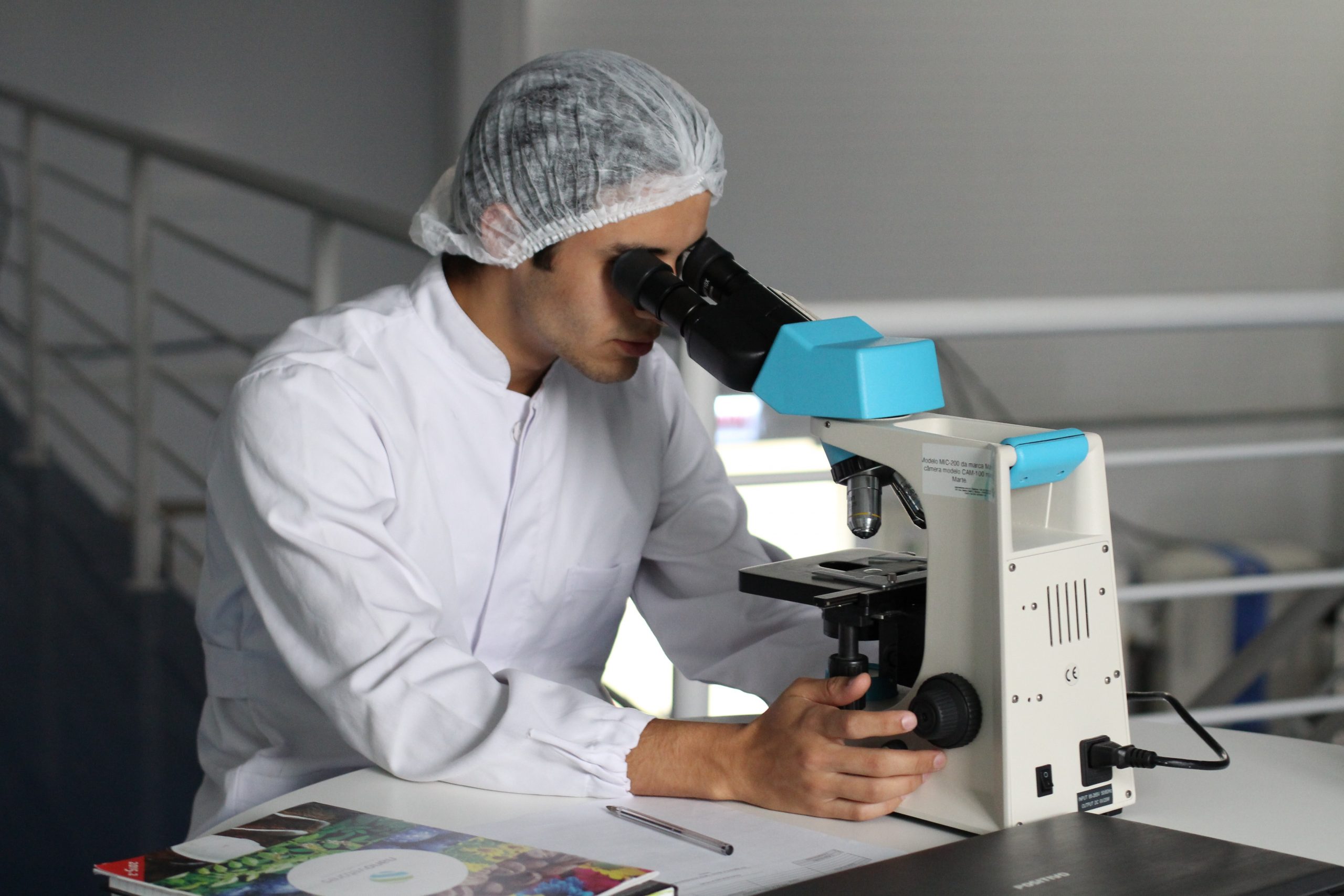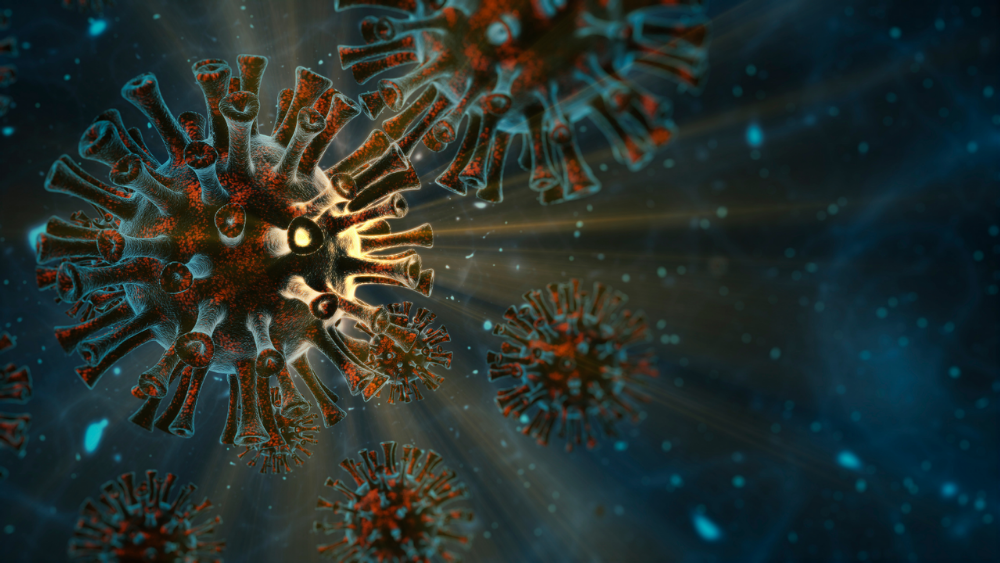
Variants can affect the sensitivity of tests for SARS-CoV2. However, most diagnostic kits still work and there are ways to validate systems against new, emerging variants
07 Apr 2021
Variants can affect the sensitivity of tests for SARS-CoV2. However, most diagnostic kits still work and there are ways to validate systems against new, emerging variants
Myth: Tests do not work with the new coronavirus variants
Fact: Most tests are still able to detect the emerging variants
What is a “variant” of a virus?
Random mutations occur in the genome of viruses, just like in other organisms. This process creates the so-called variants. Each of them is a slightly different version of the same virus, carrying a distinct set of mutations.
Variants occur spontaneously during epidemics and mark the evolution of the virus. The longer and faster a virus circulates in a population, the more subtypes of it are likely to emerge.
Some variants are associated with a country or a place (e.g. The “UK”, “Brazilian” or “New York” variants for SARS-CoV-2). This can be misleading, since variants have no border and geographical names only reflect the place where they were first discovered. To indicate each variant, scientists use codes with no geographical meaning. For example, the so-called “UK” variant is B.1.17.
Myth: Variants are typical of a place or country
Fact: Some variants are named after places, but only because they were discovered there.
Is it true that some new variants are more infectious?
Yes, although viruses do not evolve with the purpose of being more or less infectious or dangerous: it is just natural selection at work. New random variants occur continuously and most of them are neutral or make the virus less infectious. But the few variants that are more infectious, or become resistant to the immune system, spread more rapidly by definition, and therefore may become prevalent in the population. By reading the genome of many viral samples and using specialized software, researchers can monitor the emergence of variants and recognize those of particular concern.
Myth: Mutations always make a virus more or less infectious
Fact: Mutations and their effects occur randomly
What is the problem with COVID19 tests and new variants?
Tests for the COVID-19 coronavirus work by detecting specific targets of the viral genome (molecular tests) or specific viral proteins (antigenic tests). A mutation that changes the target may therefore affect their sensitivity. The tests available on the market are designed to detect different parts of the virus. Therefore, a variant may affect one or a few tests while the others would still work.
Myth: Variants are a hallmark of the COVID-19 coronavirus
Fact: Variants occur naturally with any virus
Are current tests able to detect the emerging variants?
Manufacturers often validate their kits against the most common variants. By knowing the target of a test, it is possible to predict whether its performance may be affected by a specific variant. For example, at the time of writing, most variants of concern carry mutations in the gene S1 coding for the so-called spike protein. The most available diagnostic kits detect other targets than the spike protein and its gene, and therefore will work normally with these variants.
Some molecular tests also detect multiple targets at the same time, making them more reliable with different variants. That said, it is always possible, in theory, that a new variant could run undetected for some time.
Health authorities and diagnostic networks need to keep abreast of emerging variants and verify the efficacy of the different tests against them.


